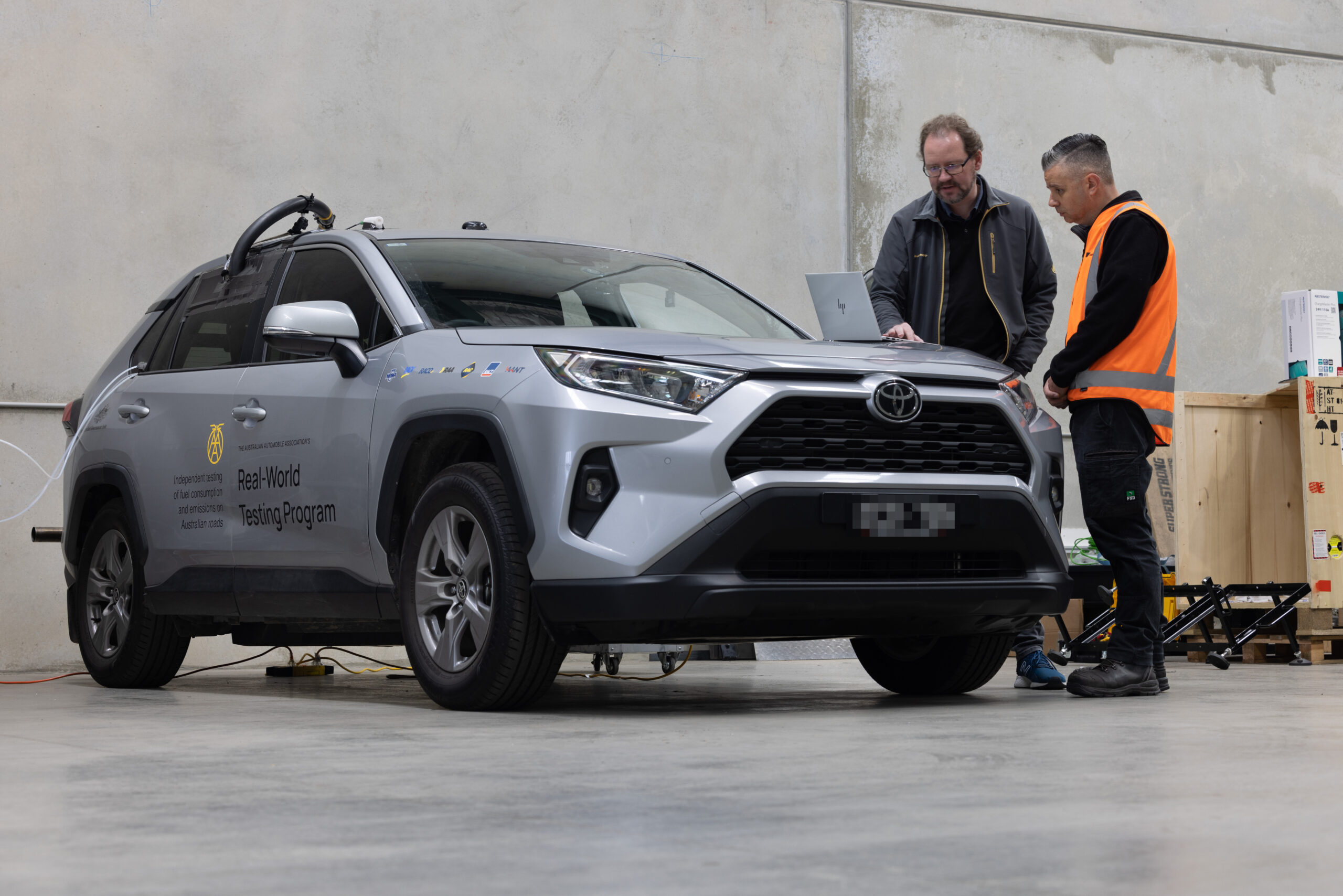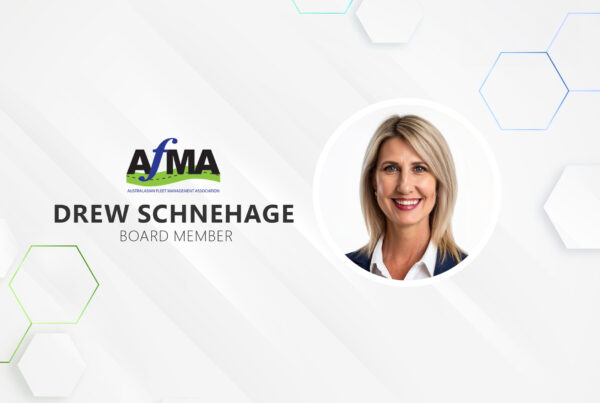AfMA says several fleet managers have already shown interest in lending vehicles for use in the Real-World Testing Program.
Executive Director Mace Hartley expects the sector’s participation to grow as the program progresses.
“More and more fleet managers are understanding how the program can benefit their organisations and Australia as a whole,” he says.
“They can see the payoffs from supporting real-world testing.”
Providing vehicles for testing allows more vehicles to be tested and adds to the publicly available database, which will enable fleet managers and consumers to make more informed purchases.
The RWT Program will test popular makes and models/variants of light vehicles, including cars, SUVs and utes.
Initially, it will test petrol, diesel, and hybrid variants of best-selling models, as well as models of special interest, such as models with low fuel consumption reported on the Government’s Green Vehicle Guide. Electric vehicles and plug-in hybrid electric vehicles will be tested later in the program.
Transport engineering consultancy ABMARC is undertaking test drives on public roads in and around Geelong, Victoria.
Each test vehicle is fitted with a portable emissions measurement system and driven at least twice through a 93-kilometre course in and around the city, which includes urban and rural roads, as well as a stretch of motorway.
If there are significant disparities between the results of the two initial tests, third test drive will be undertaken. The vehicle will be driven less than 500 kilometres during the testing period.
The test drives will be done over three or four days, but the testing period – including activities before and after the test drives – takes three weeks (15 business days).
This includes collecting the vehicle; conducting basic safety checks and a mechanical inspection; fitting a portable emissions measurement system; undertaking the on-road tests; reviewing the results; removing all test equipment; and returning the vehicle.
During this time, all vehicles are securely stored overnight at ABMARC’s facility in Geelong.
The program is seeking vehicles that are representative of that the desired make/model, in good condition, registered and with a service history. They should be no more than two years old, and run-in with at least 3,000 kilometres – and ideally between 10,000 and 20,000 kilometres – on the odometer.
Fleet managers interested in supplying vehicles for real-world testing should contact AfMA Executive Director Mace Hartley at mace.hartley@afma.org.au.


















